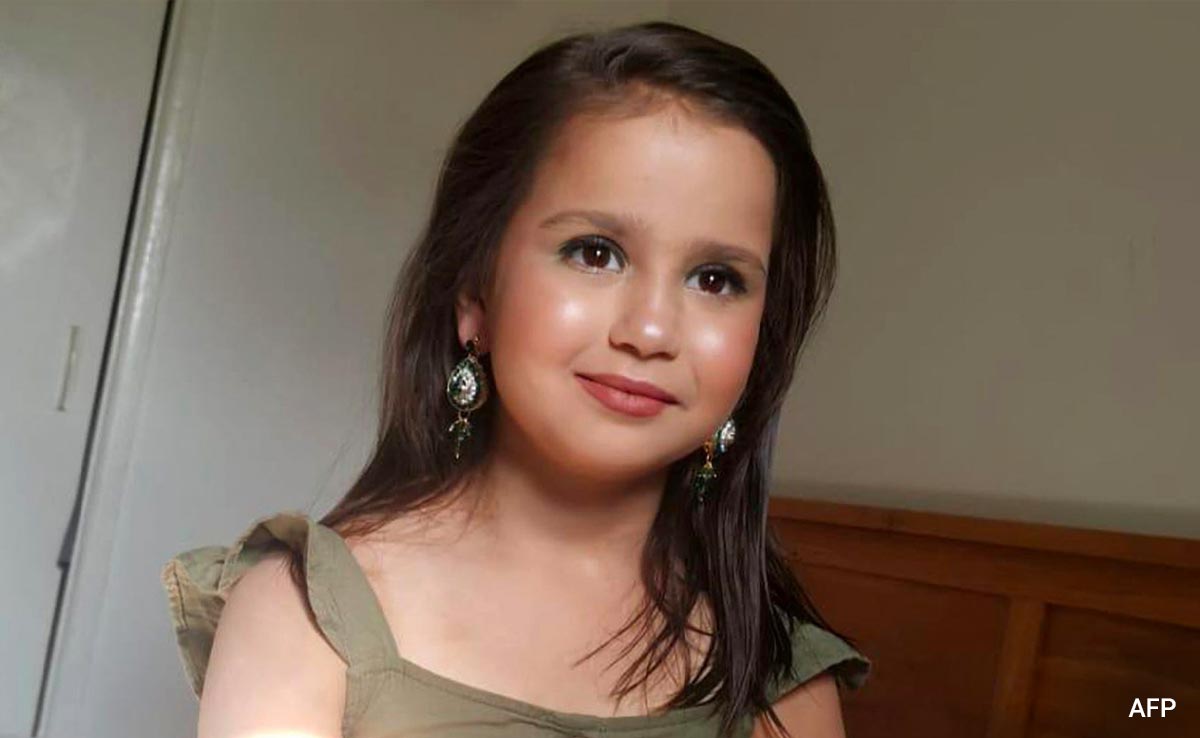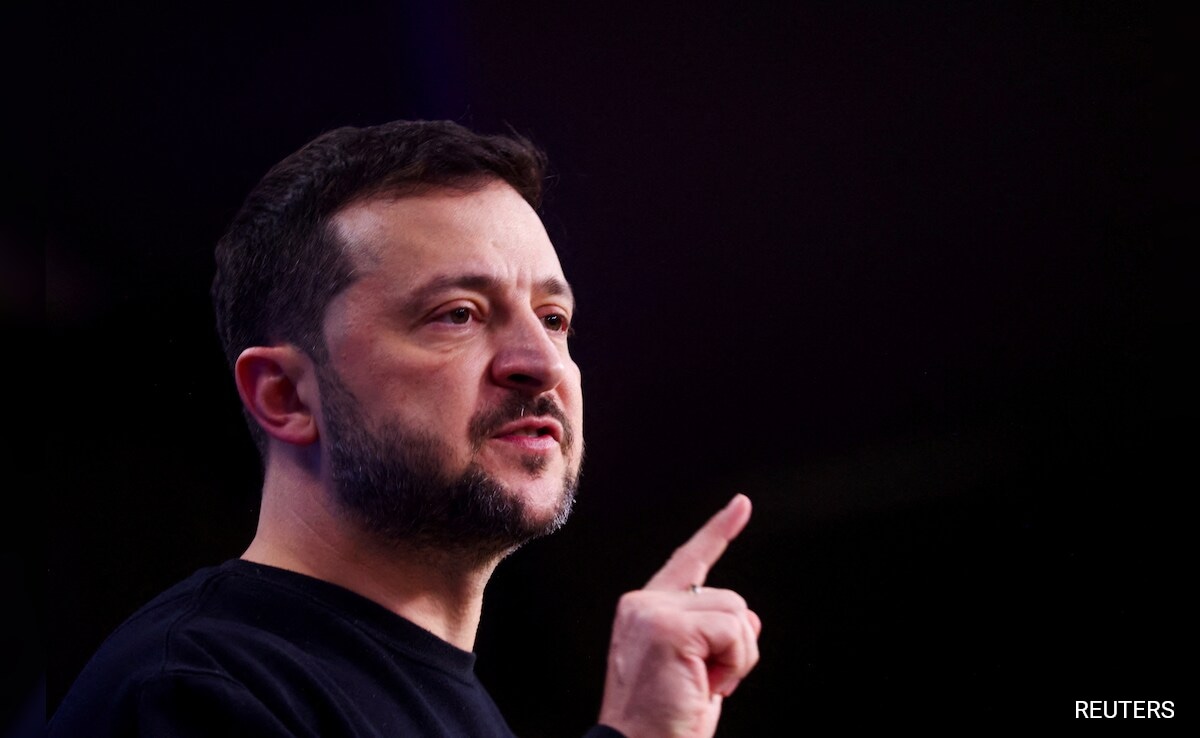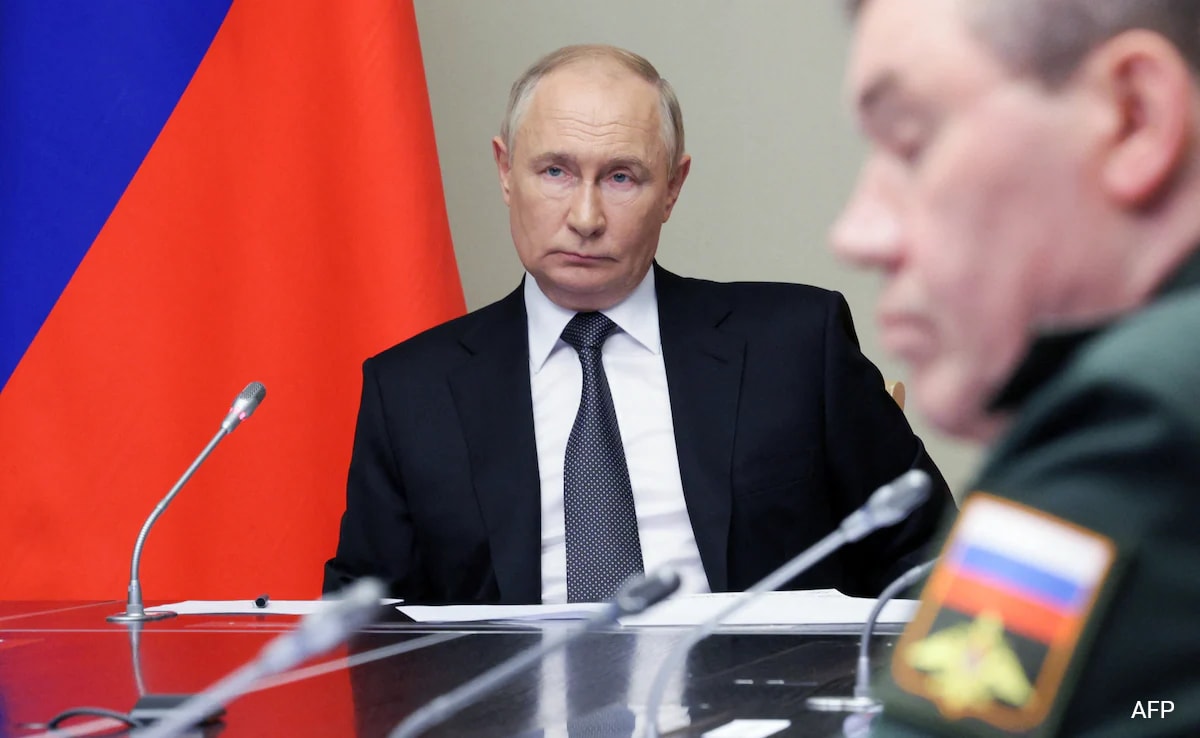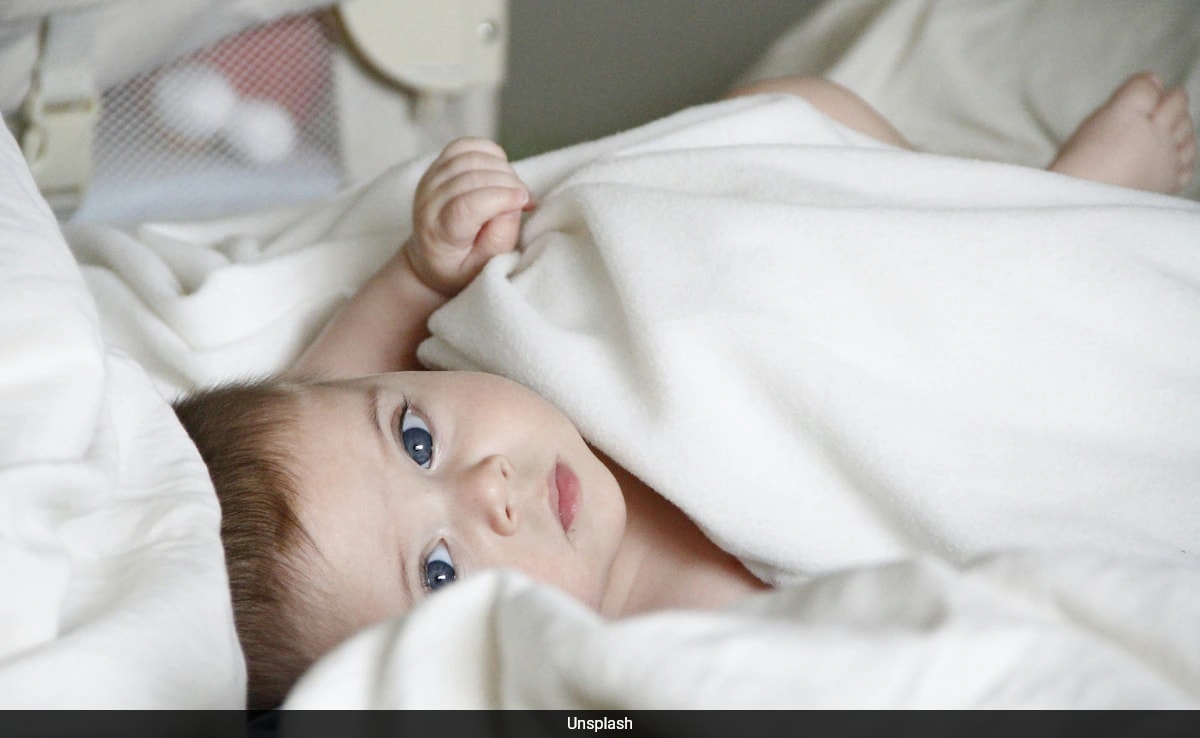Despite flying becoming more accessible, air travel remains expensive. A recent social media post by advocate Shrayansh Singh has ignited a heated debate about the additional fees charged by IndiGo Airlines, particularly the “Cute Fee”. His post also sought clarification on two additional charges: the “User Development Fee” and “Aviation Security Fee”, which add to the already substantial cost of flights. He demanded to know what these fees covered and why they were being levied.
”Dear IndiGo, What is this ‘Cute Fee’? Do you charge users for being cute? Or do you charge because you believe that your aeroplanes are cute?” X user and advocate Shrayansh Singh wrote.
”What is this ‘User Development Fee’? How do you develop me when I travel in your aeroplane? What is this ‘Aviation Security Fee’? Am I not paying taxes to the Government to ensure my safety when I travel? Or has @MoCA_GoI outsourced aviation security to businesses?” he further asked.
See the post here:
Dear @IndiGo6E ,
1. What is this ‘Cute Fee’? Do you charge users for being cute? Or do you charge because you believe that your aeroplanes are cute?
2. What is this ‘User Development Fee’? How do you develop me when I travel in your aeroplane?
3. What is this ‘Aviation… pic.twitter.com/i4jWvXh6UM
— Shrayansh Singh (@_shrayanshsingh) August 19, 2024
IndiGo Airlines responded to his query, clarifying that the “Cute Fee” is actually an abbreviation for “Common User Terminal Equipment” charges. These fees are associated with utilising airport infrastructure, such as metal detectors, escalators, and other essential equipment.
”Hi, we would like to inform you that the Cute charges refer to the Common User Terminal Equipment charge. It is the amount that is charged for the use of metal-detecting machines, escalators, and other equipment that are being used at the airport,” the airline replied.
However, he was not convinced by the clarification and countered IndiGo’s reply with a logical argument. He questioned the necessity of passing on equipment maintenance costs to passengers, especially since such infrastructure is typically the responsibility of government agencies like the CISF. Mr Singh wrote that airports, being public utilities, should have their maintenance costs covered by taxes rather than additional fees levied on passengers.
”Isn’t this a part of airport security? Aren’t the metal detectors a property of the CISF, which is a security organisation of the govt? for the security of airports too? The equipment being used at the airport, including the airport buildings itself, is public utility infrastructure. They are supposed to be maintained by the tax paid by us,” he wrote.
Mr Singh’s post sparked a debate about transparency and accountability in airline pricing, with many users sharing their opinions on the issue. Some users pointed out that similar fees are commonplace in the aviation industry worldwide.
One user wrote, ”Wondering what next usage charges for fuel nozzles at petrol pumps. Oh sorry, I should not be giving ideas to them like this.” Another commented, ”Soon enough, they’ll start delaying flights even more, make us sit at the airport for over two hours, and then charge us a “chair fee” for using the seats while we wait!
A third joked, ”What about breathing charges? The passenger is breathing oxygen in the airport and plane? Where is that tax break up?”














